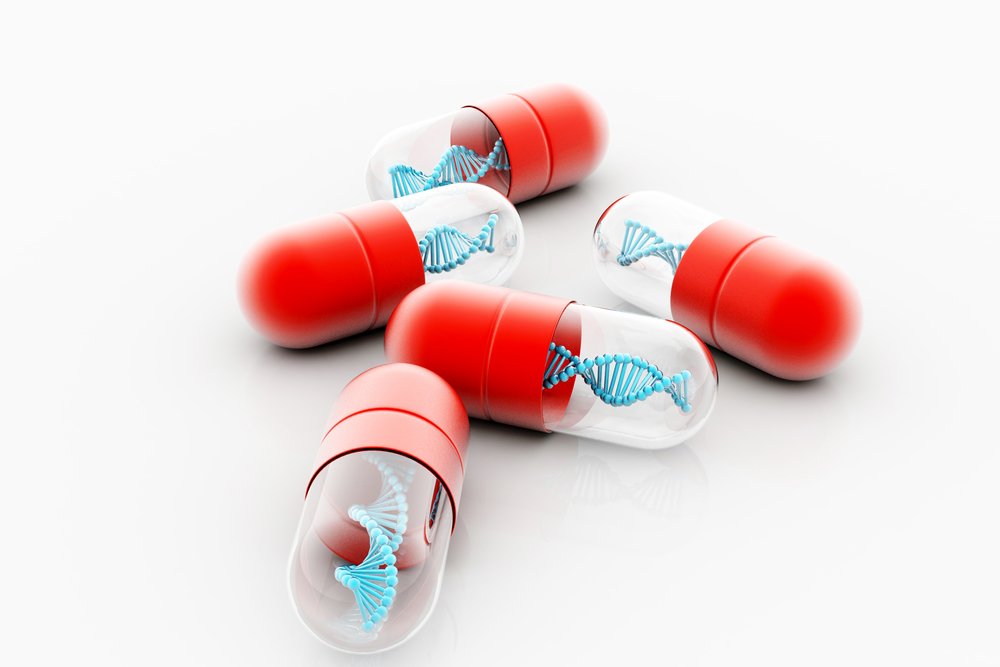FDA Orphan Designation Moves Vybion’s Huntington’s Therapy Closer To Clinical Trial

A therapy for Huntington’s disease called INT41 was granted orphan drug designation by the U.S. Food and Drug Administration (FDA), bringing the treatment a step closer to being tested in a clinical trial.
The announcement was made by Vybion Inc., a gene therapy company developing therapeutics to treat rare diseases of the central nervous system.
The FDA Office of Orphan Products Development grants orphan designation to advance the evaluation and development of safe and effective therapies for treatment of rare diseases, defined as conditions that affect fewer than 200,000 people in the United States.
Vybion is developing a new treatment class called Intrabodies — specialized antibodies meant to block the toxic function of aggregating proteins — for several inherited neurological diseases caused by polyglutamine (polyQ) expansions known as polyQ diseases.
PolyQ diseases are characterized by the pathological expansion of a DNA repeat, called a CAG trinucleotide, in the DNA of unrelated genes. These expansions of CAG trinucleotide repeats are translated into polyQ expansions in affected genes, causing their encoded proteins to aggregate and damaging specific nerve cell subpopulations in the central nervous system.
Patients with polyQ diseases show progressive degeneration of a population of neurons involved in motor control — the regulation of movement. PolyQ diseases that have been identified include Huntington’s disease, spinobulbar muscular atrophy, and six types of spinocerebellar ataxia.
In Huntington’s patients, the CAG nucleotide repeat in the Huntingtin gene expands to encode more than 30 repeats of glutamine in the Huntingtin protein. This causes toxic aggregation of the protein and, ultimately, Huntington’s disease.
Vybion’s lead candidate for Huntington’s disease is INT41, an antibody fragment that can bind to mutated Huntingtin protein and prevent its toxic aggregation. The antibody is delivered using an inactivated adeno-associated viral (AVV) vector.
When tested in an animal model of Huntington’s disease, INT41 Intrabody delivered as an injection directly into the brain was shown to reduce the loss of motor function and had dramatic effects on cognitive function. In addition, INT41 was able to block gene dysregulation and the action of toxic Huntingtin mutant protein fragments in the cell nucleus.
“We are pleased to receive orphan drug designation for INT41, which has shown the potential to address an area of high unmet medical need,” said Lee Henderson, PhD, CEO of Vybion. “We believe that INT41 has great potential in treating Huntington’s disease and are actively advancing INT41 to the clinic.”
INT41 will be advancing through the final stages of Investigational New Drug (IND) enabling studies in 2019 and 2020 before Vybion seeks approval to move forward with human clinical trials.
Vybion is also testing the therapeutic potential of INT41 in other polyQ diseases, including spinobulbar muscular atrophy and three types of spinocerebellar ataxia. It also is examining whether INT41 can be used in other neurological diseases known to have toxic, disease-altering protein aggregates, such as Alzheimer’s disease.






